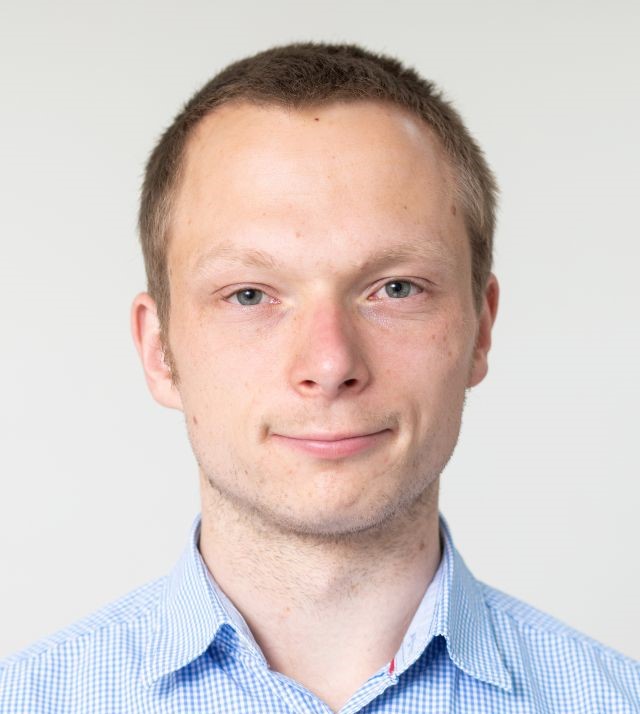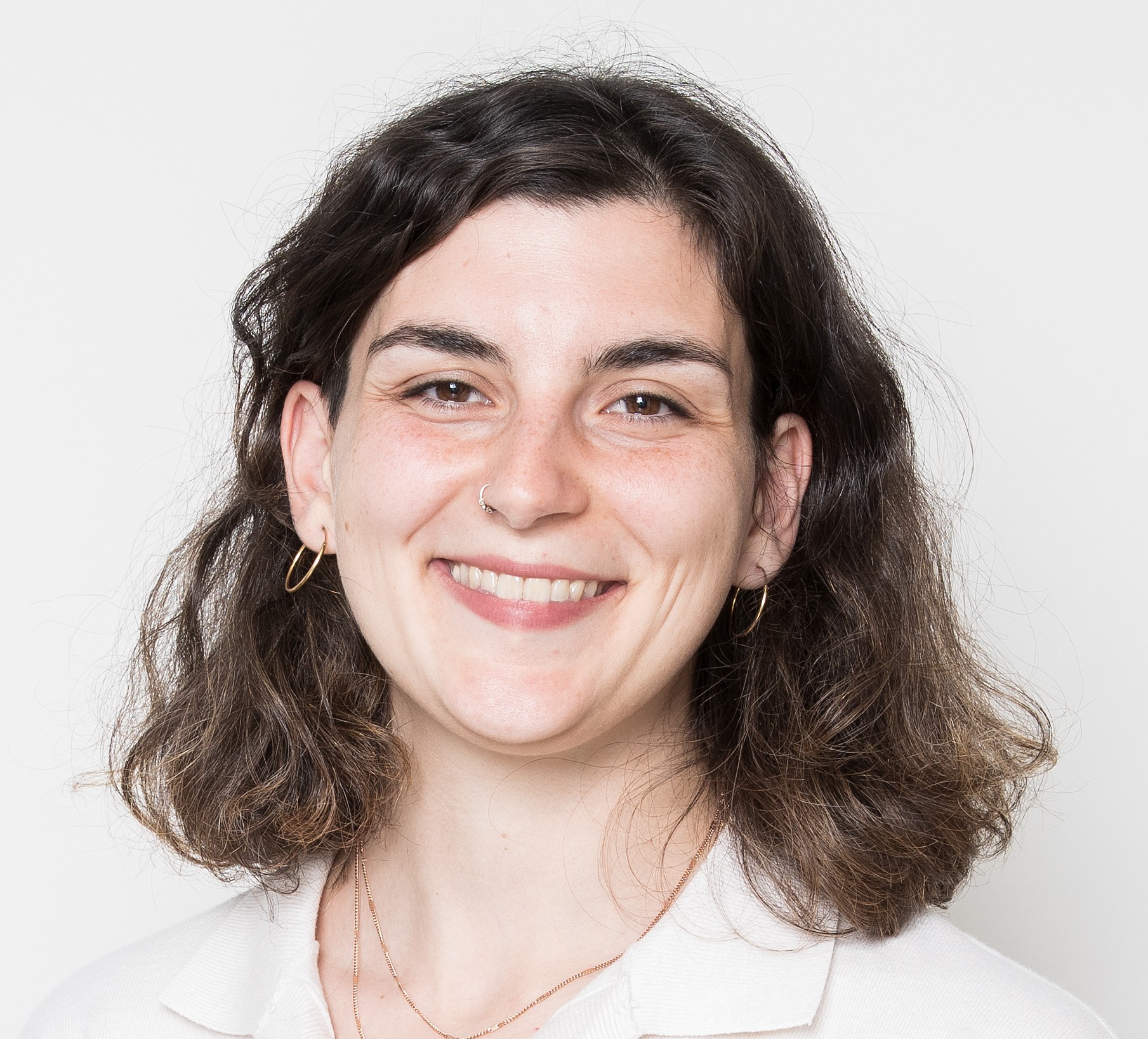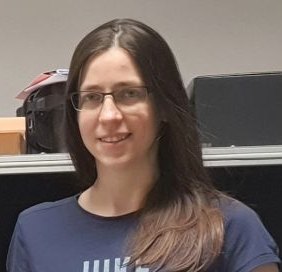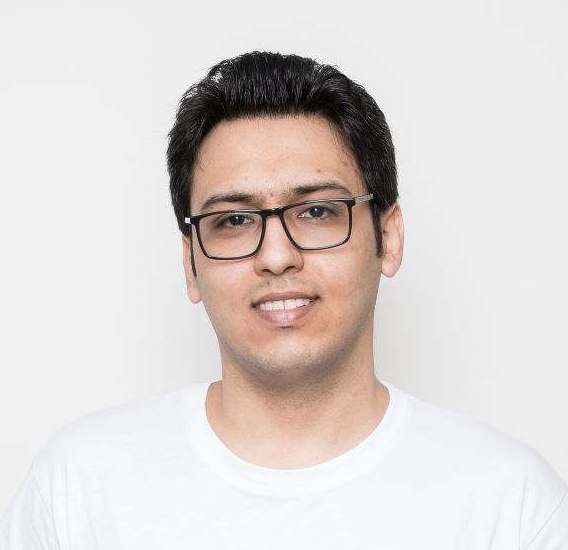Jennifer Popp - Interview
PORTRAIT | Education / Interview / Doctoral Researcher / PHGS
Jennifer Popp started her doctoral studies at DESY in November 2020 in Particle and Astroparticle Physics in the FTX research group. Her research on Compton transmission polarimetry of laser plasma accelerated electron beams is supervised by Jenny List and Gudrid Moortgat-Pick. In 2020, Jennifer completed her Master’s degree in Engineering Physics at the Carl von Ossietzky Universität in Oldenburg, Germany. In an interview with us, she talks about her experience with the PHGS.

Can you name special features about your research group?
The group with its 5 subgroups is very interdisciplinary and international, a lot of expertise is joined in one spot which facilitates excellent research, as we can learn and profit a lot from each other.
Which offers of the PHGS did you already use?
So far, I used various offers of the PHGS, such as the onboarding meeting with Stefanie Tepass, skills trainings and courses/events for women such as the Women’s Career Day. In addition, I signed up for the PIER PhD Seminar and attended the PIER Graduate Week.
How did you benefit from the offers of PHGS? From which 2-3 offers have you benefited the most and in what way?
- I was fortunate to get a PIER travel grant which allowed me to visit a summer school in Vancouver, Canada. At GRIDS I did not only learn a lot about instrumentation and detectors in the field, but I also gathered hands on experience, had the unique opportunity to visit Triumf and had valuable networking opportunities.
- I highly value the Python courses with BODENSEO. I needed to learn it for my analysis. One only really learns a programming language by practice, but the course gave me a solid foundation to build on.
- I also learned some useful techniques at the scientific writing course that come in handy regularly.
Can you describe in one or two sentences why you think the PHGS is a useful institution for doctoral students?
The PHGS is important in that it ensures that the individual DR not only takes away professional skills from his/her PhD time, but is given everything he/she needs to become a successful scientist. It also ensures that the PhD has a certain structure, which I feel is a kind of safe framework.
How did you benefit from the offers of DOIT (Doctoral Initiative)?
As a member of DOIT, I was elected as a Helmholtz Junior and have now been representing the DRs at DESY for almost two years. This is a very valuable experience for me. Not only do I get to talk to a lot of people on campus and gain a lot of insights, but it's also a great feeling to be actively involved in improving the working conditions of the doctorates.
I also think that the networking of the different Helmholtz centres is very important and I think it is amazing what we have already achieved through cooperation. But I also think that the exchange of experiences and best practices should not be underestimated.
Can you describe in one or two sentences why you think DOIT (Doctoral Initiative) is useful for doctoral students of the PHGS?
As PhD students, we spend most of the time we are awake at work. At the same time, DOIT allows us to make very important social contacts and works on work under the best possible conditions.
What is/are your favorite place/s in Hamburg (and why)?
My favourite place in Hamburg is the Loki-Schmidt botanical garden in Osdorf. Living in a big city is at the same time full of opportunities and very exhausting. So especially in spring and summer I love to go there, sit between flowers and read a good book or draw.
Can you describe in one or two sentences what you particularly like (most) about your life in Hamburg or Hamburg as a city?
I can still say “Moin” in the evening without anyone looking at me like I‘ve gone mad.
Thank you, Jennifer, and all the best for your doctoral studies!








